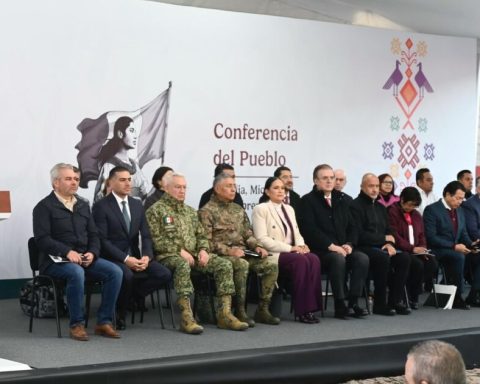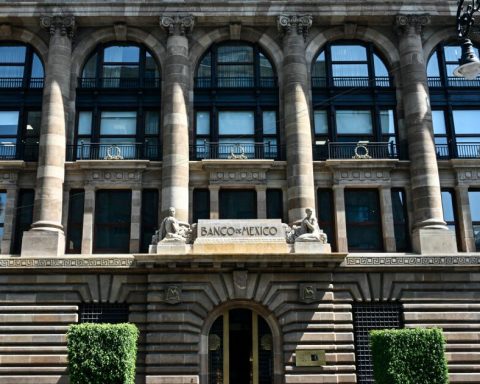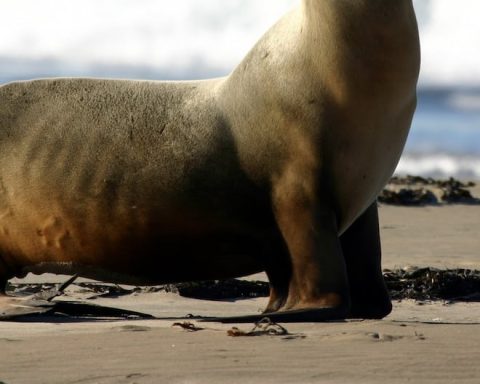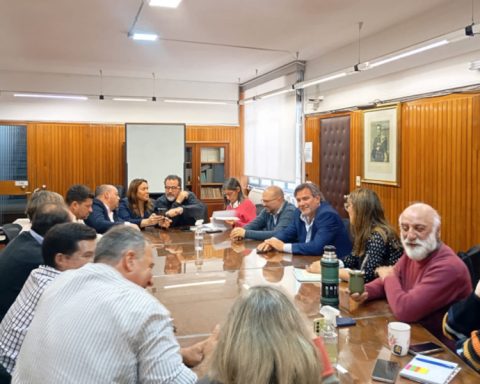P
or decades, Peasant communities and social movements have sustained a struggle to dismantle an agro-industrial model of food production that uses a technological package made up of transgenic seeds and toxic agrochemicals. To do this, such a model is based on the dispossession of knowledge and common goods, privatizes native seeds, pollutes the environment and affects human, animal and plant health.
The bet is, then, to move from this agro-industrial model to a food production model based on agroecology, with alternatives that do not harm the environment, that return to the peasant communities the preservation of seeds and their knowledge, and that guarantee the human rights to health, adequate food and a healthy environment, adhering to the highest standards of protection of human rights, established both in the Political Constitution of the United Mexican States and in the international agreements that Mexico has signed and ratified.
The production of transgenic seeds, such as corn, requires the use of agrochemicals such as glyphosate, a herbicide produced by companies such as Bayer-Monsanto, cataloged in 2015 as a probable carcinogen by the International Agency for Research on Cancer, of the World Organization for Cancer. Health, and that to date continues to increase research studies in different countries that confirm the dangers of its use (https://bit.ly/3PqN0B4).
In this regard, an important advance in this matter in Mexico is the publication of the presidential decree for the progressive substitution of the use of glyphosate and the revocation and abstention of permits for the release of genetically modified corn seeds into the environment (https://bit.ly/3aXwvtf). Published on December 31, 2020, this decree has been the result of proposals developed by social and peasant movements, which also seek to hold the transnational companies that produce and use it responsible, at the cost of the damage it has caused, and of violating human rights. This decree has affected the economic interests of agribusiness, which has generated multiple strategies to reverse and annul it, including the request for injunctions that exempt companies from its implementation.
There are currently 11 companies dedicated to importing glyphosate, including Bayer-Monsanto and Dow Agrosciences, which have so far filed 43 nullity lawsuits against the Ministry of the Environment and Natural Resources (Semarnat), one of the instances authorities in charge of implementing the decree, since its publication. In May 2021, the sixth administrative district court granted Monsanto a provisional suspension to exempt it from its application; resolution subsequently revoked by the corresponding collegiate court, which shows once again how companies make use of legal tools to safeguard human rights in their favor. On July 12, an amparo was granted to Monsanto again, a resolution that, by misinterpreting the precautionary principle, and failing to comply with the constitutional obligation to protect the human rights of the Mexican population, clearly contravenes the common interest. Both Semarnat and the National Council for Science and Technology (Conacyt) have spoken out to challenge the amparo, based on a review appeal, and strengthening the scientific research that supports the presidential decree and its proper application, with the intention of achieving by 2024 the disuse of the herbicide glyphosate. Food sovereignty and self-sufficiency are at risk from this resolution, and its challenge is extremely necessary. If the resolution that protects Monsanto is ratified, the right to health and adequate food, with its possible consequences, are threatened. The principle of progressiveness of human rights would also be violated, representing a setback in the obligations of the Mexican State to protect, guarantee, respect and promote human rights in the country.
Therefore, we demand a recommendation from the Judiciary to issue a judgment based on respect for human rights, in accordance with the provisions of the Constitution in relation to the precautionary principle and for the benefit of collective rights, the care of nature and biodiversity. We recognize this decree as a point of progress in the transition towards an agroecological food production model. Ensuring its proper application, based on guaranteeing access to justice, is an obligation of the State, both from the responsible government agencies (Semarnat, Conacyt and the Ministry of Agriculture and Rural Development), as well as from the Judiciary, in the resolution of the protections promoted by companies, to the detriment of the common interest of the entire population.















